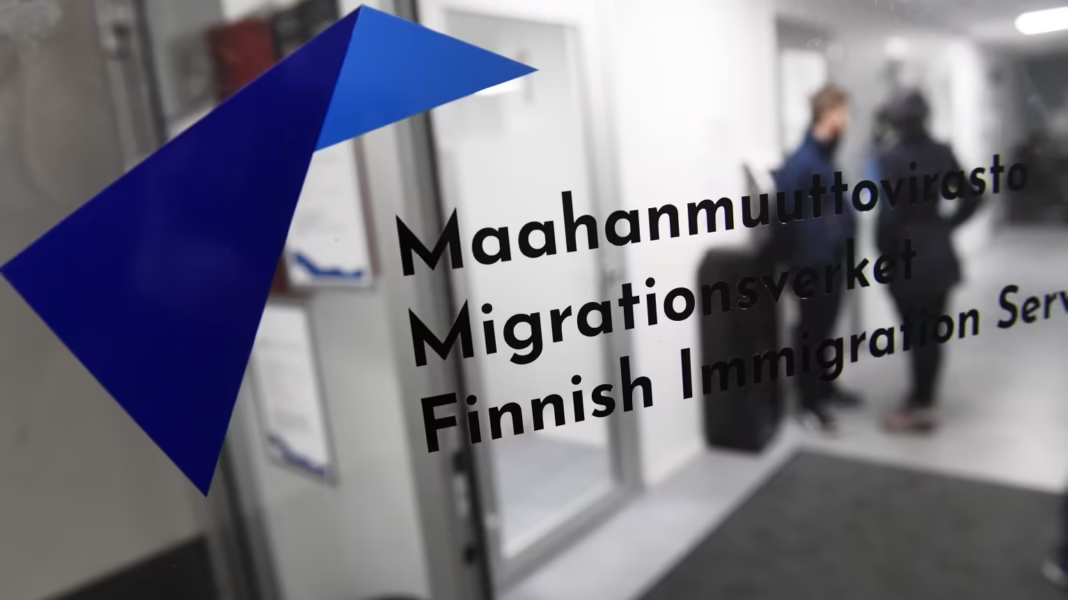Finland has witnessed a significant drop in work‑based immigration in 2024, as revealed in the latest Finnish Immigration Service (Migri) and European Migration Network (EMN) statistics.
- Work permit applications dropped sharply: In 2024, Migri issued 11,103 first-time work‑based residence permits—a 23 % decline from 2023 levels
- Declines concentrated in key sectors: Permits for specialists dropped 24 %, while permit numbers in the social & healthcare sector nearly halved (from 2,272 in 2023 to 1,034 in 2024), and construction sector permits plunged by 72 %
Causes behind the decline include an economic slowdown, rising unemployment (over 8%), reduced hiring in healthcare and construction, and likely greater global competition and stricter immigration policies .
At the same time, international student migration is rising:
- In 2024, there were 14,163 initial study residence permit applications, up from 12,867 in 2023
- Student applications are forecast to grow to 15,000 in 2025, and 16,000 in 2026, buoyed by relatively moderate tuition fees and post-graduation work rights and family reunification options Scandasia.
🔍 What’s Driving These Trends?
- Economic headwinds: Finland’s slowdown and high unemployment have reduced demand in sectors like healthcare and construction, which traditionally rely on foreign workers
- Policy changes ahead: A new “three‑month rule” taking effect in mid‑2025 will require unemployed work permit holders to secure employment within three months—or six months for specialists and those with over two years in Finland—or face permit revocation.
- Language and integration hurdles: Less than half of immigrants are proficient in Finnish or Swedish, and 60 % of Finnish employers cite language gaps as a barrier to hiring foreign professionals.
- Challenges for degree‑holders: A large number of foreign tertiary graduates continue to leave Finland shortly after graduation due to weak integration pathways, insufficient networks, and limited internship access.
📋 Quick Summary
| Topic | Key Insight |
|---|---|
| Work Permits 2024 | 11,103 issued, down 23 % YoY |
| Specialist Permits | Fell roughly 24 % |
| Health & Social Sector | Permits slashed by more than half |
| Construction Sector | 72 % fewer permits issued |
| Student Permit Applications | 14,163 in 2024; rising to ~15,000–16,000 by 2026 |
✳️ Implications & Forward Look
Finland depends heavily on foreign talent, especially in growing sectors like ICT, healthcare, and green energy. Yet, declining specialist permits paint a worrying picture for future capability building, While student inflow remains strong, Finland faces a steep challenge retaining these graduates and integrating them into the workforce.
To reverse these trends, policy reforms such as language support, flexible permit rules (e.g., allowing job changes within shortage sectors), fast-track paths to permanent residency for graduates, and proactive employer engagement will be critical .
As labour shortages persist and integration gaps widen, Finland must act swiftly to retain international graduates and skilled professionals to support long‑term growth.

